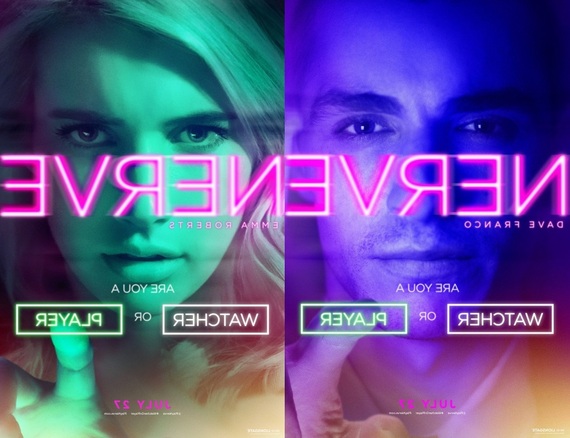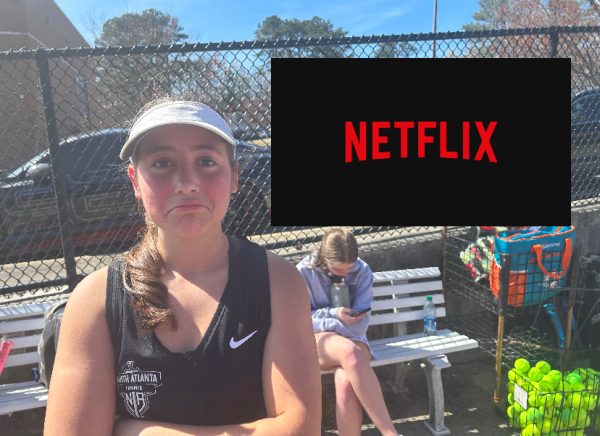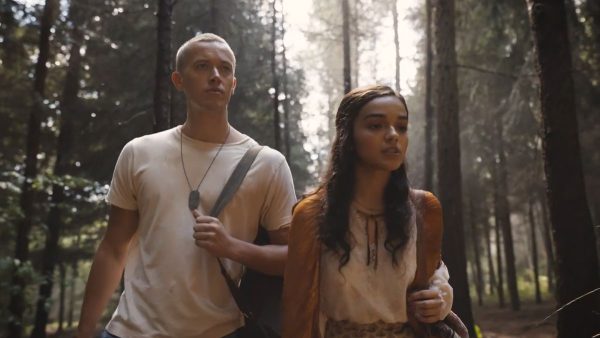New Movie “Nerve” Nails the Nightmare of Social Media
New movie “Nerve” nails the darker aspects of social media teenagers tend to regularly ignore. Released July 27, this new smash-hit follows teen Vee (Emma Roberts) as she literally risks it all to play a 24-hour game- Nerve (hence the title), where “watchers” pay to watch “players” do various “dares” (recorded on the player’s phone) over Nerve’s internet site.
Vee chooses to be a player on a whim, and at first, the dares are fun and silly (trying on expensive clothing, having an impromptu karaoke session in a restaurant), but as the game progresses the dares become over-the-top dangerous (riding a motorcycle blindfolded, climbing to the top of a crane- all the good stuff our parents love for us to do). Vee soon discovers the watchers enjoy seeing the players succeed just as much as they enjoy seeing the players fail- sometimes with fatal consequences.
Aside from the movie’s fast pace and fresh story resulting in a great reception from critics, Nerve has done what no other film has done so well before- explored the voluntary giving up of private information, especially by teenagers- especially now. With Snapchat, Facebook, Instagram, Twitter, and Pokemon Go (in which you must give full access to your google account), privacy no longer has to be taken from people; it’s easily given through the endless information we give these servers- from what we buy, who we talk to, where we are- even things like our email and bank accounts can be easily accessed without careful supervision.
“Nerve’s” understanding of the modern relationship between teens and social media is especially on-spot given that films tend to focus on the concept of privacy as something that is stolen, as a whole, (think murder mysteries, Bond films, the like), when that is really not the case. This results in a film that feels out of touch with society and much less relatable to younger generations. However, “Nerve” shows us that the world of cinema, unlike social media platforms, never grows to be obsolete, and never ceases to impress us with advanced stories, likeable characters, and relevant morals.
Rating: 7/10
















